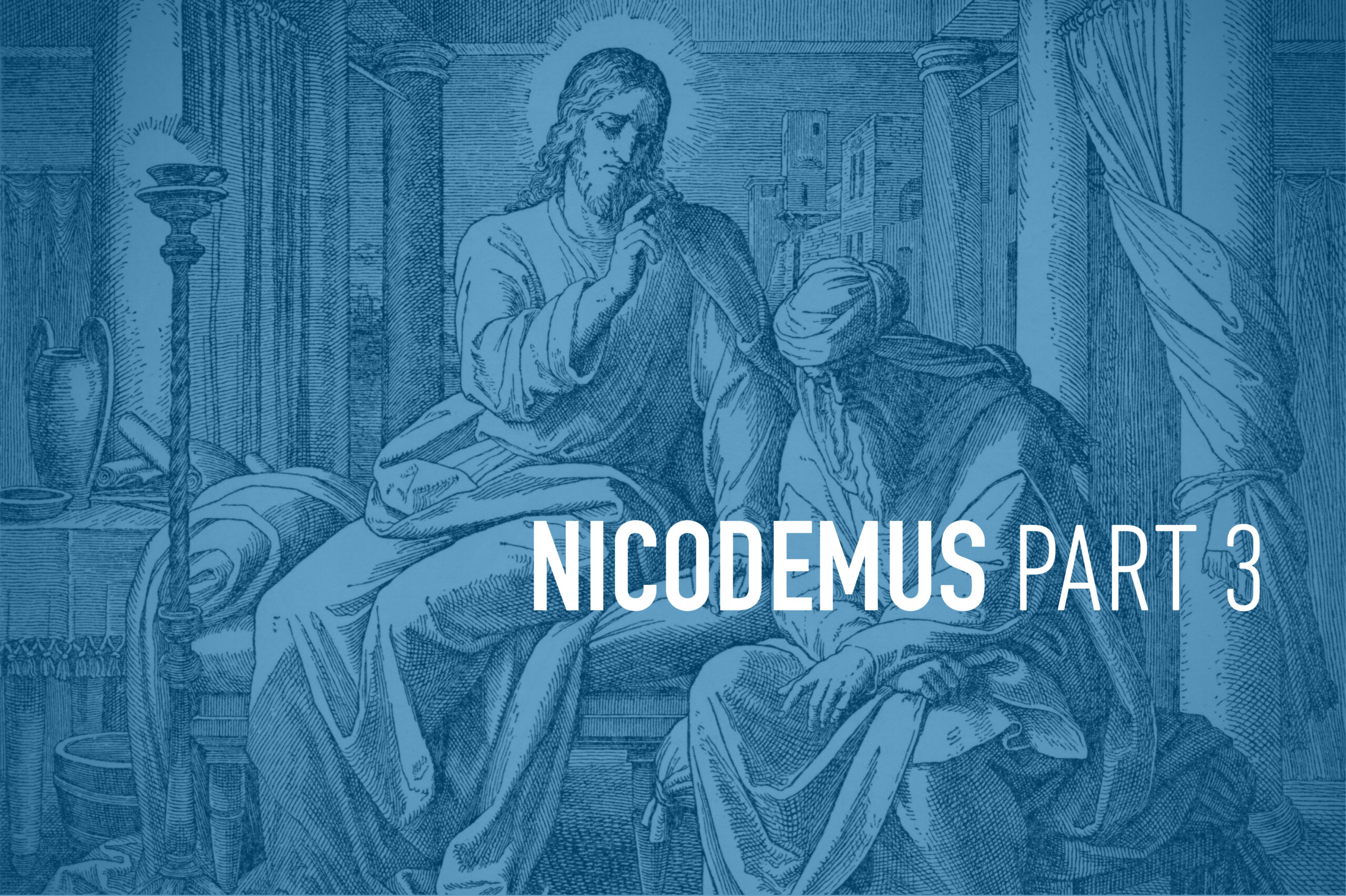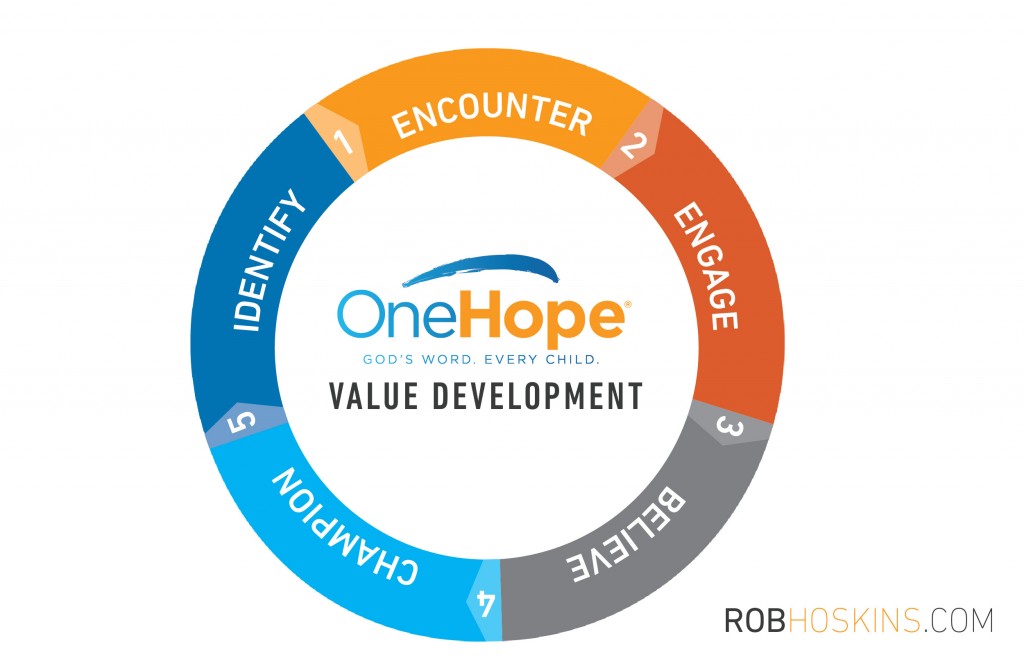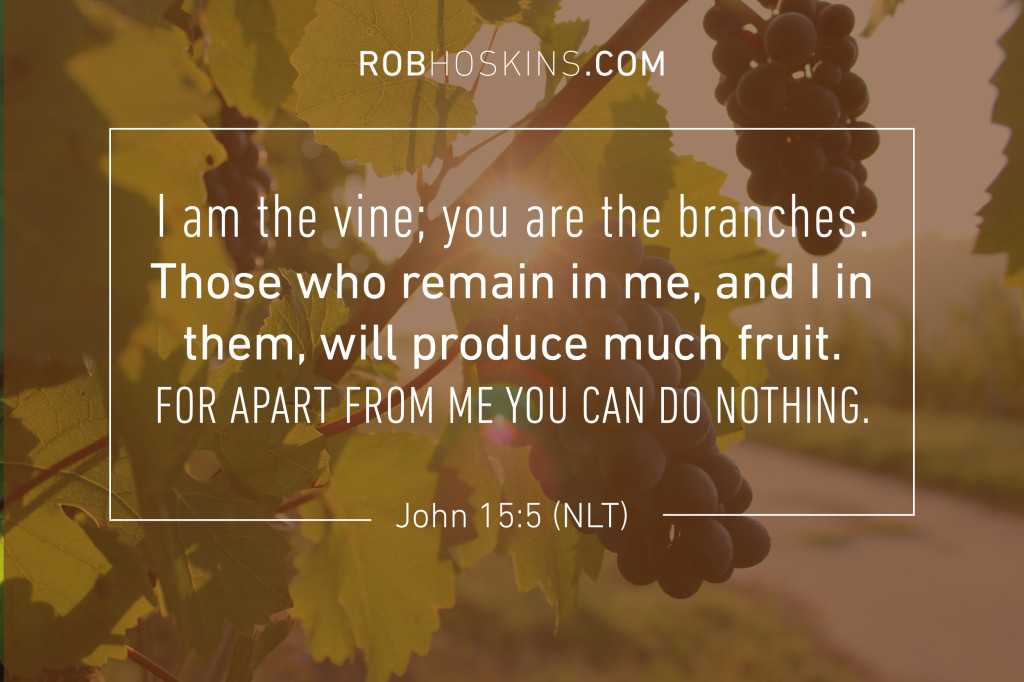Read part 1 Is Salvational Transactional?
Read part 2 Unpacking the Story
No one is born with a fully-developed set of values. We’ve seen—through the story of Nicodemus—that as values develop, so does a depth of faith.
[easy-tweet tweet=”No one is born with a fully-developed set of values” user=”@RobHoskins” hashtags=”#missiology”]
We use a value development scale to delineate the 5-stage series an individual moves through as they strengthen their commitment to a relationship—be it with an organization, religion, relationship, etc.
Encounter– initial introduction that begins a process of forming a low-level understanding of the association
Engage– individual actively pursues more information, wanting answers to questions
Believe– individual chooses to believe the message and accept it as truth
Champion– individual believes enough in the person, program, ministry, etc., and is willing to stake name and reputation to share about it and advocate for it to others.
Identify– individual revolves their life—values and character—around their new beliefs
At each stage of value development, an individual explores, learns more, then either validates or rejects their attitudes and beliefs regarding an association.
Try walking through each stage with one or more of these scenarios:
- The first time you meet your spouse, through the wedding day
- Church shopping to inviting others to “your” church
- Accepting Christ through baptism and continuing personal evangelism
In the case of Nicodemus, back to the original analogy, we see him at the champion level defending Jesus, to an extent, before the Sanhedrin. Take Scripture engagement—you identify with it once you begin to apply the Bible in your public life and use it as an authoritative text with others– sharing it as a source of comfort, council, etc. When you look at fundraising—when you ask others to join you in supporting a cause, you know you have reached the champion stage.
While individuals can reject the association at any stage, they become less likely to reject it as they progress further up through the value development process.
Since faith in Christ is characterized by a growing relationship with Him, as an individual’s commitment advances through the value development stages, their connection deepens.
Why is it important to identify and quantify where someone is on the scale? Understanding where someone is in the process of value development not only helps us best pinpoint where a person is in their faith journey, but it also helps determine the best path of discipleship to guide them to and through the next stage of their journey.
I think another word for value development could easily be discipleship. You have to continue growing, and that takes attention and intention. This reminds me of a quote popular a few years ago, “If you’re coasting in your spiritual life, you’re probably going downhill.” Jesus ratifies that thinking
Once an individual understands and believes in something, it is important to grow the relationship through deep interactions and significant encounters.
[easy-tweet tweet=”The more one is discipled, the more likely they are to commit to their faith” user=”@RobHoskins” hashtags=”#discipleship”]
While not everyone who encounters the Gospel accepts it and moves through the stages bringing them to identify with it in the end, the further an individual travels on the journey of value development, the more likely they are to keep and commit to their faith as it is built.
Utilizing this Biblical model of identifying and customizing our approach to individuals—whether it’s for evangelism, discipleship, partnership, or donor development—has been key to how we help others develop their values to the “next level”.
Related:






